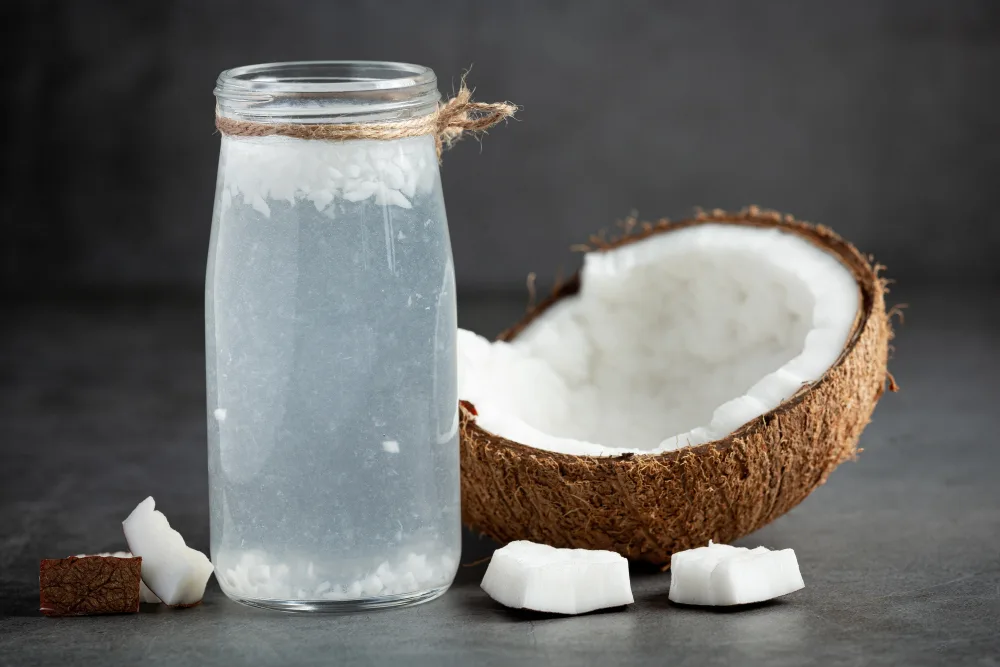What are the symptoms of a peptic ulcer?
Category: General medicine
Peptic ulcers are open sores that form on the inner lining of the stomach or the upper part of the small intestine, often caused by excess acid, bacterial infection (H. pylori), or prolonged use of painkillers. These ulcers can lead to discomfort, burning sensations, and serious complications if left untreated.
At Lokmanya Hospital, patients receive specialized care for peptic ulcer treatment in Pune, guided by highly experienced gastroenterologists. The hospital offers precise diagnosis, advanced treatment options, and dietary management to ensure long-term digestive health. Whether you’re experiencing mild pain or chronic digestive discomfort, Lokmanya Hospital provides expert care for stomach ulcer treatment in Pune with a patient-first approach.
Symptoms of a Peptic Ulcer
Recognizing the symptoms of a peptic ulcer early helps prevent complications and ensures effective treatment. Here are some of the most common signs explained in detail:
1. Burning Stomach Pain
The most typical symptom, this pain usually occurs between meals or at night and may feel like a dull, burning sensation in the upper abdomen. It often improves temporarily after eating or taking antacids but returns later.
2. Bloating and Fullness
Many patients experience bloating, a feeling of fullness, or tightness in the stomach even after small meals. This is due to inflammation and slow digestion caused by the ulcer.
3. Nausea and Vomiting
Ulcers can irritate the stomach lining, causing nausea or even vomiting. In severe cases, vomiting may contain traces of blood, which requires immediate medical attention.
4. Indigestion and Heartburn
Frequent indigestion, belching, or acid reflux can indicate the presence of an ulcer. The discomfort may worsen when lying down or after consuming spicy or fatty foods.
5. Loss of Appetite and Weight Loss
The pain and discomfort from ulcers can lead to reduced appetite and unintended weight loss. Patients may avoid eating due to fear of triggering pain.
6. Dark or Tarry Stools
f the ulcer bleeds, the blood may appear in the stool, turning it dark or tar-like. This is a serious symptom and should be evaluated by a doctor immediately.
7. Fatigue or Weakness
Chronic bleeding from an ulcer can lead to anemia, causing fatigue, pale skin, and weakness. This sign indicates the ulcer may have advanced and needs prompt treatment.
If you notice any of these symptoms, consult the best doctor for stomach ulcer in Pune at Lokmanya Hospital for early diagnosis and care.
Why Choose Lokmanya Hospital for Peptic Ulcer Treatment
Lokmanya Hospital is a trusted destination for peptic ulcer treatment in Pune, offering a blend of medical expertise, advanced technology, and compassionate care. The hospital’s gastroenterology department is equipped with state-of-the-art diagnostic tools like endoscopy, imaging, and lab testing to ensure accurate identification of ulcers and their causes.
What sets Lokmanya Hospital apart is its multidisciplinary approach—combining the expertise of gastroenterologists, dietitians, and internal medicine specialists. Each treatment plan is personalized based on the patient’s symptoms, medical history, and lifestyle. From medication and dietary advice to preventive follow-ups, the hospital ensures complete care and long-term digestive health.
Conclusion
Peptic ulcers are treatable conditions, but early detection and proper medical management are essential for lasting recovery. Ignoring symptoms like persistent pain, indigestion, or vomiting can lead to complications.
At Lokmanya Hospital, patients benefit from expert diagnosis, modern therapies, and holistic treatment plans designed for effective healing. For anyone seeking stomach ulcer treatment in Pune, the hospital provides the perfect blend of medical precision and compassionate care, ensuring complete recovery and improved quality of life.
Frequently Asked Questions (FAQs)
1. What causes a peptic ulcer?
Peptic ulcers are mainly caused by Helicobacter pylori infection, excessive stomach acid, smoking, or long-term use of NSAIDs like ibuprofen and aspirin.
2. How do I know if I have a peptic ulcer?
Persistent upper abdominal pain, bloating, nausea, or black stools are key indicators. If symptoms persist, visit Lokmanya Hospital for a diagnostic endoscopy.
3. Can stress cause peptic ulcers?
While stress doesn’t directly cause ulcers, it can worsen symptoms and delay healing by increasing stomach acid production.
4. How are peptic ulcers diagnosed at Lokmanya Hospital?
Doctors use endoscopy, breath tests for H. pylori, and lab investigations to confirm the presence and severity of ulcers.
5. What foods should I avoid if I have an ulcer?
Avoid spicy, fried, and acidic foods, as well as caffeine and alcohol, which can irritate the stomach lining.
6. How long does it take to heal a peptic ulcer?
With proper medication and lifestyle changes, most ulcers heal within 4–8 weeks under medical supervision.
7. Are peptic ulcers dangerous?
If untreated, ulcers can lead to bleeding, perforation, or infection. Early diagnosis and treatment at Lokmanya Hospital prevent such complications.
8. Who is the best doctor for stomach ulcer treatment in Pune?
The gastroenterology specialists at Lokmanya Hospital are among the best in Pune, providing comprehensive care and long-term solutions for peptic and stomach ulcers.
Previous blog

What Are the 4 Stages of Rheumatoid Arthritis?
Next blog






